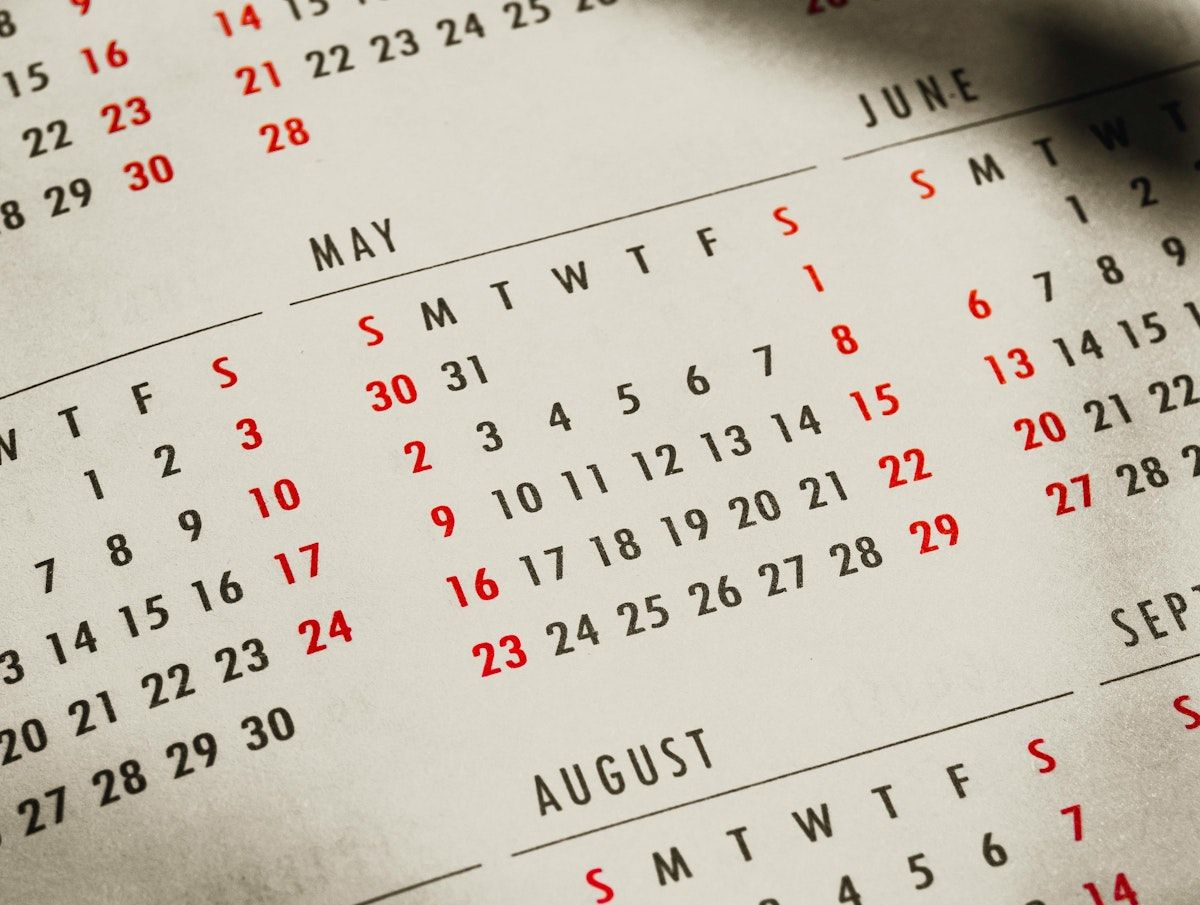Doctors and Dentists 7 Powerful Tips to make your patient recall more effective
Clarke McEwan Accountants
As medical professionals compete strongly and with continuing uncertainty and delays in some sectors due to Covid, it is more important than ever to hang on to your existing patients.
Here are 7 powerful tips to make your patient recall communications more effective.
1. Your message needs more…
'Our records show you are due for your next appointment, please call us' is uninspiring and not likely to compel your patients to call you.
If you want to improve your patient recall rate, you need to show your patients you've missed them, tell them what they will miss if they don't attend, and guide them effectively to call you. Read on for more details…
2. Make it personalised
OK, so it's unlikely you have time to write an individual message to each patient, but you can make it appear more personalised when you incorporate some simple techniques:
• Address them by name – don't use a generic 'Dear patient'. A simple, yet important, point which you can incorporate easily via 'mail merge' techniques.
• Address them and only them – talking about 'our patients' as a whole is a little impersonal and can even seem 'distant'. So address the reader directly.
• Write the letter from the individual dentist/hygienist – this gives the patient the impression they have been missed specifically, rather than receiving a general communication from you
3. Place the focus on them
This one should be applied to all your patient communications…
To clearly and effective put the emphasis on your patient and their needs, make sure you use more 'you' and 'yours' rather than 'we' and 'our'.
Start each sentence with 'you' or 'your' whenever you can. Simply switching 'our records show' to 'you are now due' is a good start.
4. Highlight the features and benefits
The MOST IMPORTANT tip for you to take on board…
Show them WHY they should attend.
Many patients are surprised about quite how many checks a dentist or hygienist makes. So tell them what you do during the appointment. Make it jargon-free and be concise.
Then follow these appointment 'features' with the BENEFITS to them.
For example a dentist may state....
"Your dental examination is the most effective way for you to find out about any issues you may have with your teeth and gums. It pays to know about any issues early, as they can be dealt with more easily and at a lower cost.
During this visit you will receive:
• An evaluation of your teeth and any existing restorative dental work
• An evaluation of your gums and supporting structure of the teeth (your cheeks, tongue, floor of your mouth and jaw)
• Full screening for a range of mouth diseases
As you can see, it is a thorough review and we therefore recommend you call us at your earliest convenience"
5. Inform overdue patients
The last point is paramount in all your recall communications, but for overdue patients you can go further…
Tell them a little about what may be happening in their mouths over the last year/ 18 months / 2 years since you have seen them. Do it clearly and concisely, without being overly dramatic. Then follow this info with…
6. Reassure overdue patients
If you are looking to recall patients who are overdue (and you should be on a periodic basis to keep your patient database as up-to-date as possible), make sure you tell them you don't see the time passed as a barrier.
A patient may know they should return to see a dentist, but may hold back from coming back to you for fear of embarrassment. Tell them they needn't worry. Reassure them you'll be happy to see them regardless of the time they have been absent.
Patient recalls is a numbers game and this just may break down any psychological 'barrier' some may have built up about coming back to you as time has passed.
You can refer to your online booking system if you have one, so they don't even have to call in to book.
7. End with a strong, compelling 'call to action'
What you want your message to do is motivate the patient to contact you, isn't it? So make sure you encourage them to do it!
In marketing terms, this is called a 'call to action'. Something which clearly tells the patient what you want them to do.
Here's a useful mnemonic I refer to when writing a call to action. Make the action you want them to take a 'SURE' thing…
S – Make it specific – tell your reader exactly what you want them to do. For example, instead of saying "contact our practice" say "call us now on [ tel no.] and speak to our friendly reception team"
U – Give it urgency – add a sense of urgency to your call to action. Using terms like call today
R – Reinforce the reasons why the reader simply must contact you. State the benefits again in abbreviated form. For example: "Call us today on 07 5475 4300 and make sure you continue to care for your oral health."
E – Entice them – Offer something extra to entice the reader to take action. This is optional and the above three points are more applicable here.
Include your phone number in the call to action too, to make it as easy as possible for people to call and increase the amount who take action straightaway on reading your message.




Liability limited by a scheme approved under Professional Standards Legislation



